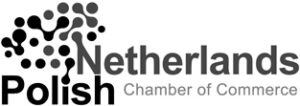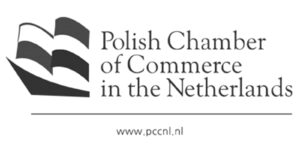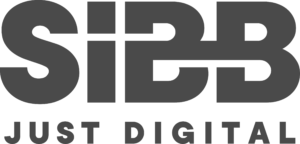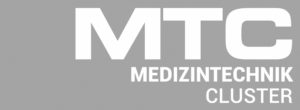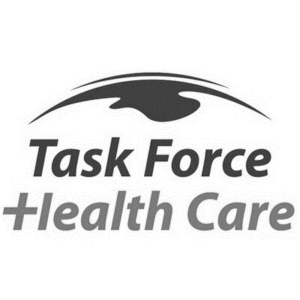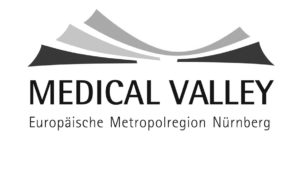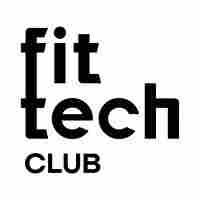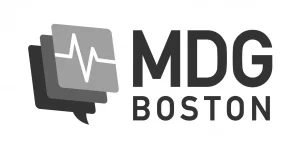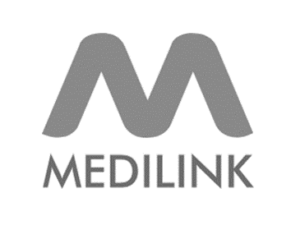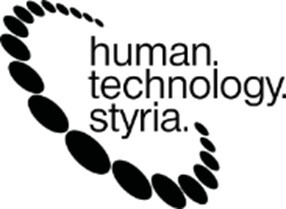Advances in Dietetics 2025: As we look towards the future of dietetics in 2025, several significant advances and emerging trends are shaping the field. Based on recent research and projections, here are some Key developments in dietetics for 2025:
- Personalized Nutrition and Precision Health
- Time-Restricted Eating for Weight Management
- Advanced Technologies for Diabetes Management
- Islet Transplantation and β-cell Replacement Therapies
- Integration of Artificial Intelligence in Nutrition Research
- Focus on Health Disparities and Equitable Care
- Workforce Development and Education
Personalized Nutrition and Precision Health

One of the most promising areas of advancement in dietetics is the move towards personalized nutrition and precision health approaches. Researchers are leveraging artificial intelligence and machine learning techniques to analyze large datasets and develop algorithms that can predict individual responses to food and dietary patterns. This approach, known as Nutrition for Precision Health, aims to identify patterns reflecting individual variations in health outcomes related to dietary intake, eating behaviors, and innate physiological processes. The goal is to develop tools that can personalize dietary and lifestyle practices for optimal health on an individual basis.
Time-Restricted Eating for Weight Management
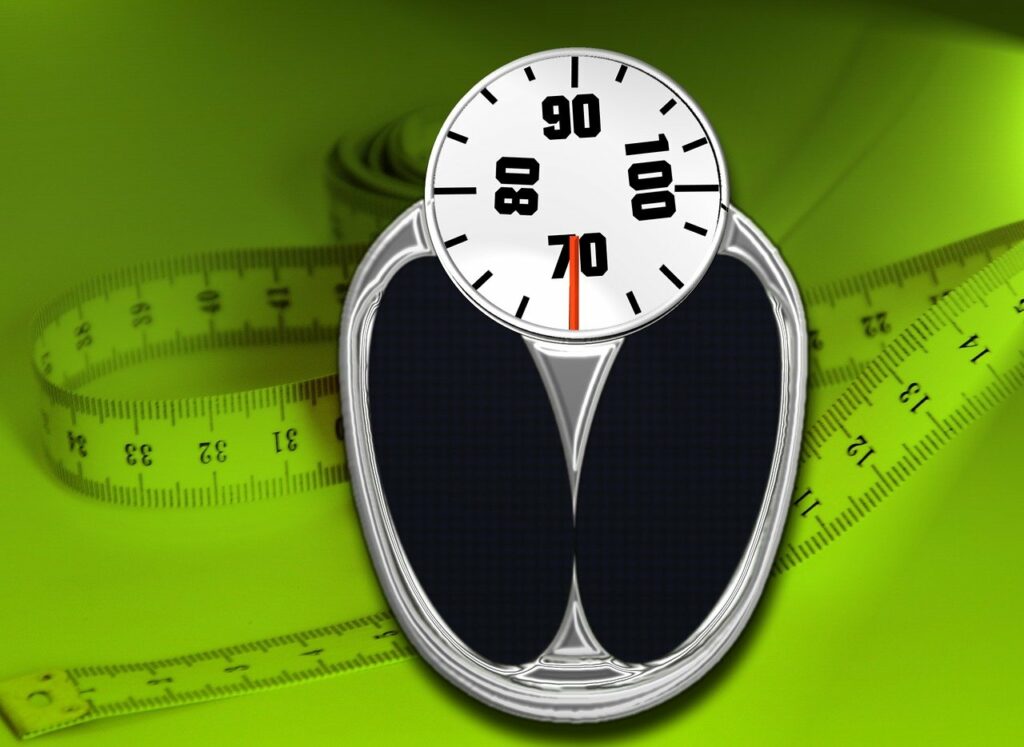
Time-restricted eating (TRE) is emerging as an effective strategy for weight loss and blood glucose management, particularly for individuals with type 2 diabetes and obesity. A 6-month clinical trial comparing TRE to calorie restriction found that TRE was effective for weight loss and lowering blood glucose levels without the need for calorie counting. This approach, which focuses on when to eat rather than what to eat, may offer a more sustainable and less burdensome alternative to traditional calorie-restricted diets.
Advanced Technologies for Diabetes Management
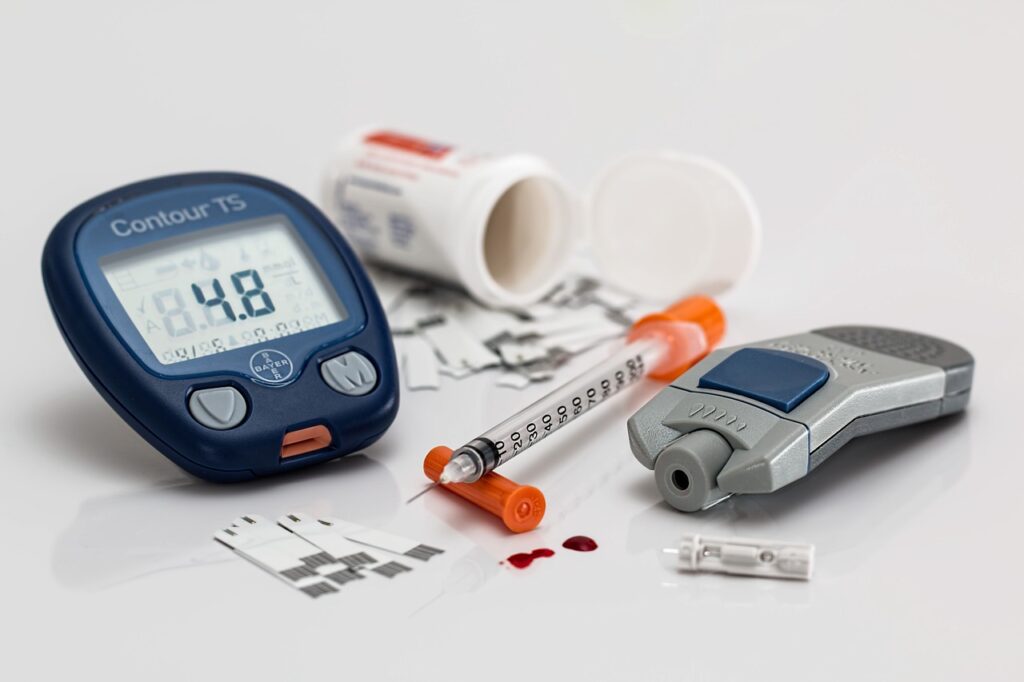
Significant progress has been made in developing and improving technologies for diabetes management. The National Institute of Diabetes and Digestive and Kidney Diseases (NIDDK) has supported research contributing to multiple FDA-approved diabetes management technologies, including:
- Artificial pancreas devices that automatically link glucose monitoring and insulin delivery
- Improved methods for blood glucose monitoring
- Enhanced insulin delivery systems
These advancements are crucial for improving blood glucose management with less burden on patients, potentially reducing the risk of diabetes-related complications.
Islet Transplantation and β-cell Replacement Therapies
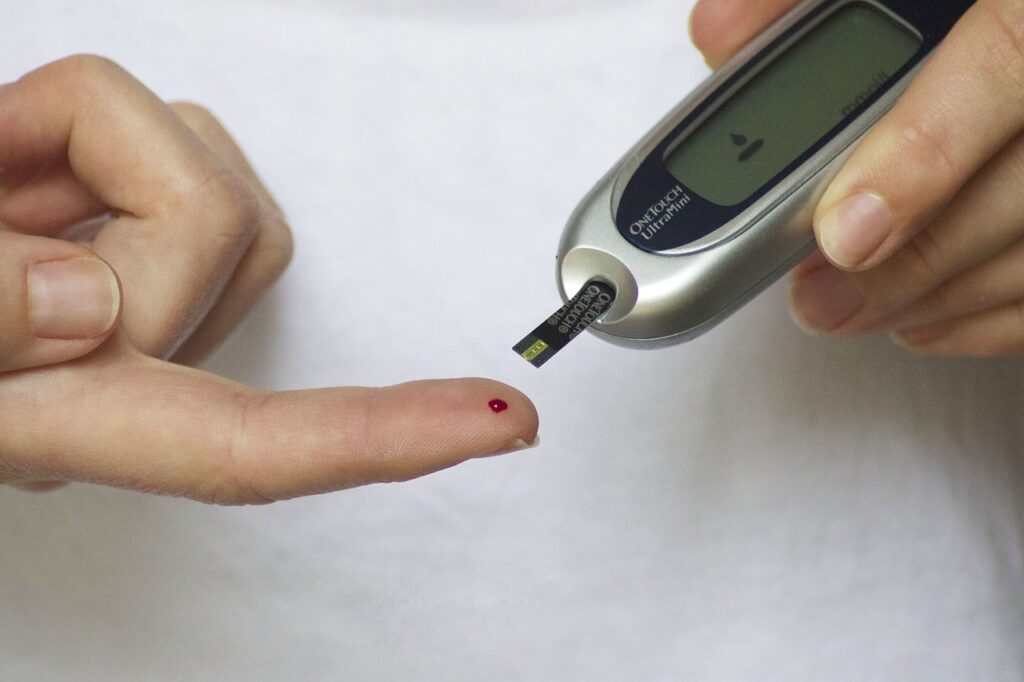
Research supported by NIDDK has led to the FDA approval of islet transplantation as a treatment for some people with type 1 diabetes. Ongoing research is focused on further developing and enhancing β-cell replacement therapies, with the ultimate goal of curing type 1 diabetes. This represents a significant step forward in the treatment of type 1 diabetes and offers hope for more effective management or potential cure in the future.
Integration of Artificial Intelligence in Nutrition Research

Artificial intelligence and machine learning are being increasingly utilized in nutrition research, particularly in analyzing complex datasets. For example, the Kidney Precision Medicine Project (KPMP) is using machine learning techniques to integrate clinical, structural, genetic, and metabolic data to better understand factors leading to acute kidney injury and chronic kidney disease. This approach could lead to improved diagnosis and treatment strategies for kidney-related disorders, which often have significant nutritional implications.
Focus on Health Disparities and Equitable Care
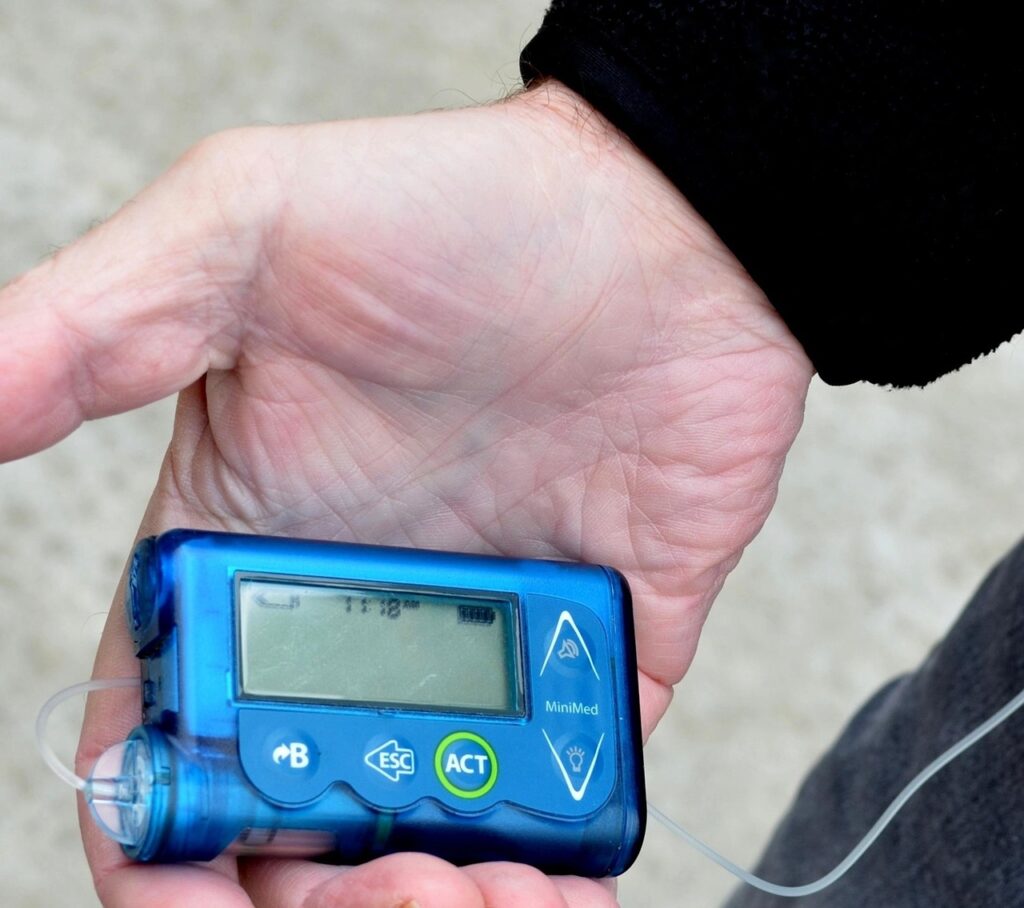
There is a growing emphasis on understanding and addressing health disparities in diabetes and nutrition-related conditions. Recent genetic studies have provided insights into differences in treatment responses and disease complications among various populations. For instance, research has identified gene variants that may help predict responses to metformin treatment in African Americans with type 2 diabetes. This focus on equitable care extends to ensuring access to advanced technologies, such as continuous glucose monitors, for youth with type 1 diabetes across different socioeconomic backgrounds.
Workforce Development and Education

The dietetics profession is evolving to meet future healthcare needs. The “Future Dietitian 2025” initiative is informing the development of a workforce strategy for dietetics. This likely includes adapting education and training programs to incorporate new technologies, personalized nutrition approaches, and skills needed to address emerging health challenges and disparities
Conclusion
The field of dietetics in 2025 is poised for significant advancements, with a focus on personalized nutrition, leveraging technology for better disease management, addressing health disparities, and integrating cutting-edge research into practice. These developments promise to enhance the role of dietitians in promoting health and managing nutrition-related conditions more effectively and equitably.
Sources
- https://www2.niddk.nih.gov/-/media/Files/Strategic-Plans/2025/NIDDK-RecentAdvances_2025-full.pdf
- https://www.niddk.nih.gov/-/media/Files/Strategic-Plans/2025/NIDDK-RecentAdvances_2025-Obesity.pdf
- https://www.niddk.nih.gov/-/media/Files/Strategic-Plans/2025/NIDDK-RecentAdvances_2025-DEM.pdf
- https://onlinelibrary.wiley.com/doi/full/10.1111/jhn.12509

